A new survey conducted May 7-15, 2024, showed that knowledge of and support for AI in education is growing among parents, students and teachers. More than 80% of each group says it has had a positive impact on education.
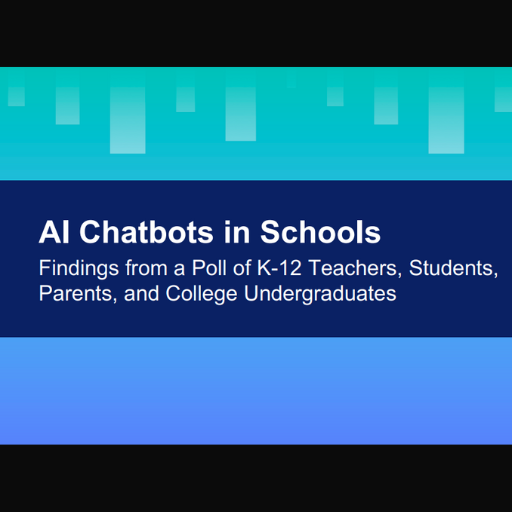
A new survey conducted May 7-15, 2024, showed that knowledge of and support for AI in education is growing among parents, students and teachers. More than 80% of each group says it has had a positive impact on education.
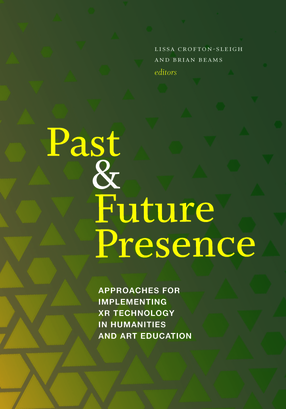
Past and Future Presence aims to bridge some of that gap by presenting research-based theory and case studies of successful application and implementation of XR technology into postsecondary educational settings, ranging in topics from ancient to modern languages, classical and contemporary art, and reenvisioned historical scenes and events presented in ways never seen before. The studies also contemplate how this innovative medium can enhance and supplement learning in classrooms and other formal or informal learning environments.
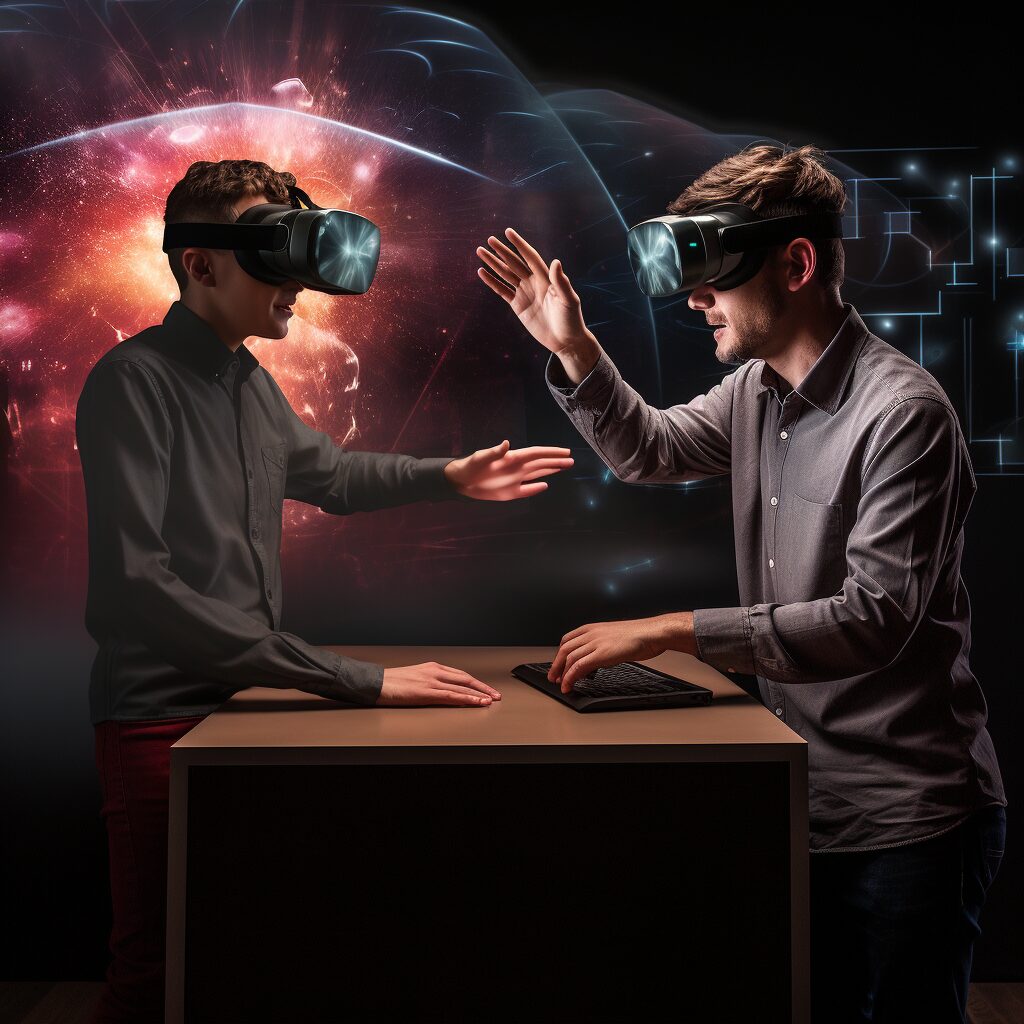
The benefits of immersive technologies and AI tutors in education areclear. They can transform higher education, extend learning opportunities beyond traditionalclassrooms, and foster collaborative learning experiences.
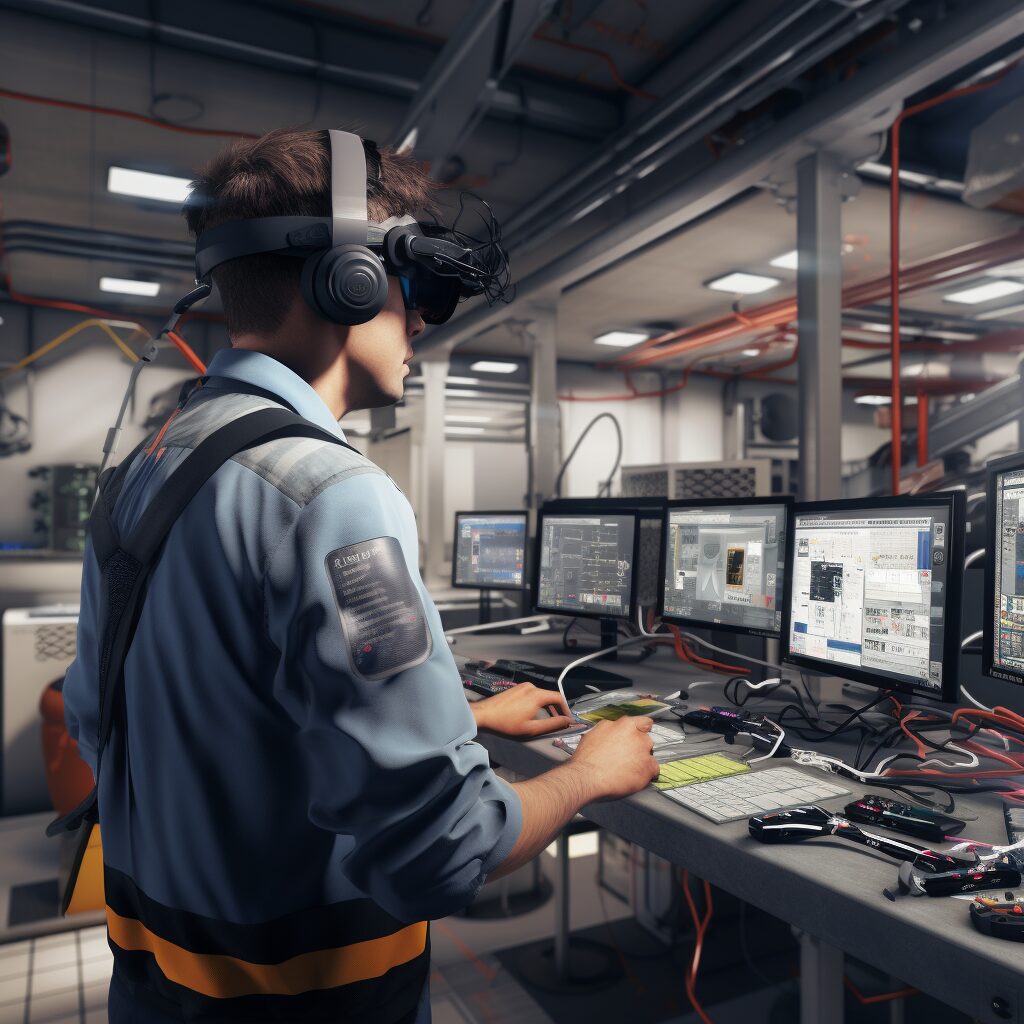
The result demonstrated a significant effect of using VR in increasing the cumulative project grade and specifically on the implementation component of the project in addition to enhancing the engagement and motivation of these students and better achievement of the course outcomes.
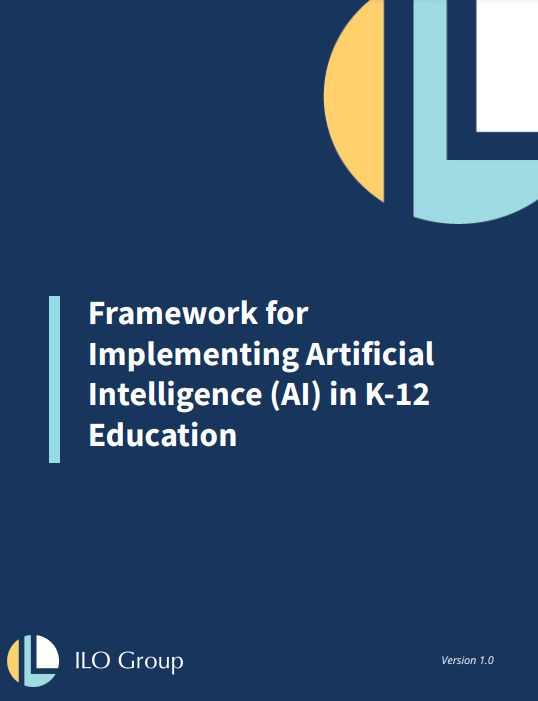
In developing the Framework for Implementing Artificial Intelligence (AI) in K-12
Education, our objective was to establish a practical, actionable resource for state
and district superintendents and their leadership teams. This guide is designed for
those who are enthusiastic about AI's potential, but may feel uncertain about
where to begin (or proceed next). AI has become a pivotal presence in our world
and the decisions by leaders to embrace this technology will signal how they
intend to lead during this time of change.
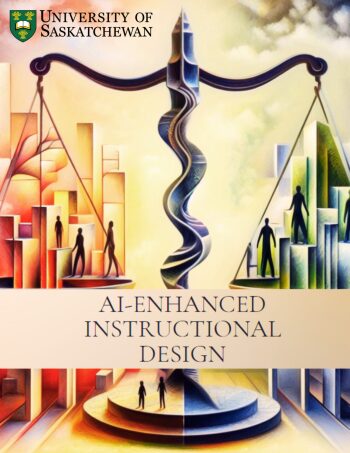
AI provides educators and instructional designers with powerful tools to enhance the student learning experience. This guide presents practical examples of AI applications that are versatile and suitable for a broad spectrum of instructional activities, alongside others that have more specific uses. The textbook explores effective ways AI can generate high-quality course content, foster creativity, personalize learning, and drive innovation. Across the 18 chapters, the authors emphasize the need to work together to ensure AI's ethical and responsible use in educational settings.

AACSB Insights on VR in Soft Skills Training: The AACSB discussed the shift in training methods at RMIT University, where VR replaced in-person simulations. This change highlighted the growing utility of VR in education. VR scenarios at RMIT University focused on teamwork, interpersonal skills, and negotiation skills. These simulations were designed to be emotionally realistic, helping students enhance underdeveloped interpersonal abilities. The VR role-plays had several advantages, including flexibility, scalability, and the ability to provide immediate feedback and repeat simulations for continual improvement.
Students reported significant improvements in their soft skills after participating in VR simulations. The technology's effectiveness in emulating professional workplace scenarios was particularly noted. Despite these advantages, challenges such as the need for specialized equipment and acclimatization to VR technology were also mentioned.
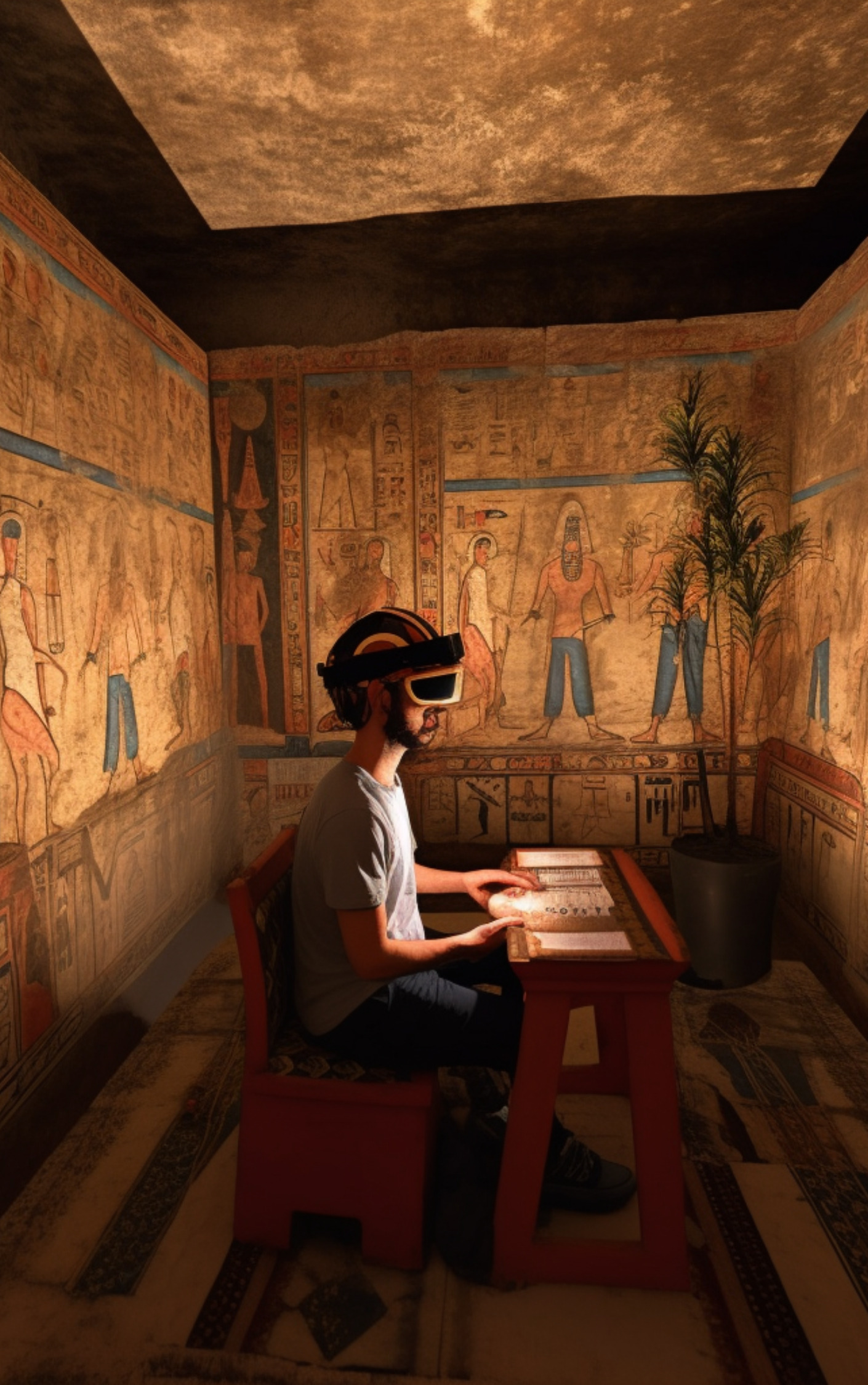
Deloitte Insights on AR and VR for Soft Skill Training: Deloitte’s insights emphasize the growing importance of human capabilities such as creativity, problem-solving, and effective teamwork in the business world.
Immersive learning technologies like VR have shown significant benefits in teaching skills for physically dangerous scenarios and are now being recognized for their potential in developing human capabilities. For instance, Best Western used an avatar-based VR training simulation for front-desk staff to improve customer service skills. The training allowed employees to interact with virtual characters in challenging scenarios similar to real-life situations.
Measurable improvements were noted across various human capabilities including de-escalation, public speaking, managing difficult conversations, and more. VR provides a low-risk environment for practicing these skills, leading to better retention and application in real-life situations.
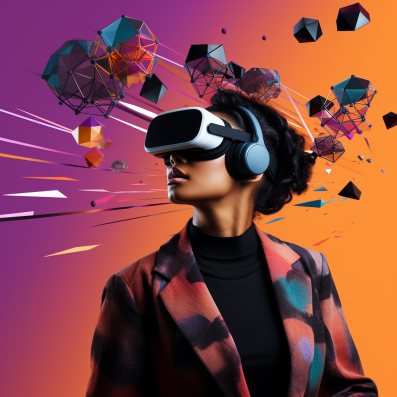
VR for Soft Skills Training: PwC conducted a study to explore the effectiveness of VR in training for diversity and inclusion, an aspect of unconscious bias training. This study found that VR was more effective than classroom and e-learning settings in teaching soft skills concepts.
Potential Benefits: VR increases access to education, especially in remote or underprivileged areas, provides equal learning opportunities, introduces advanced learning techniques like gamification, improves learning outcomes, and drives innovation in education.

Learning Gains Over Traditional Approaches: When compared to traditional learning methods, VR has shown to provide significant learning gains. Studies have reported increased physics understanding, higher engagement, and positive attitudes towards science when using immersive VR simulations. The use of VR in science classrooms has improved academic achievement and engagement scores compared to conventional courses.
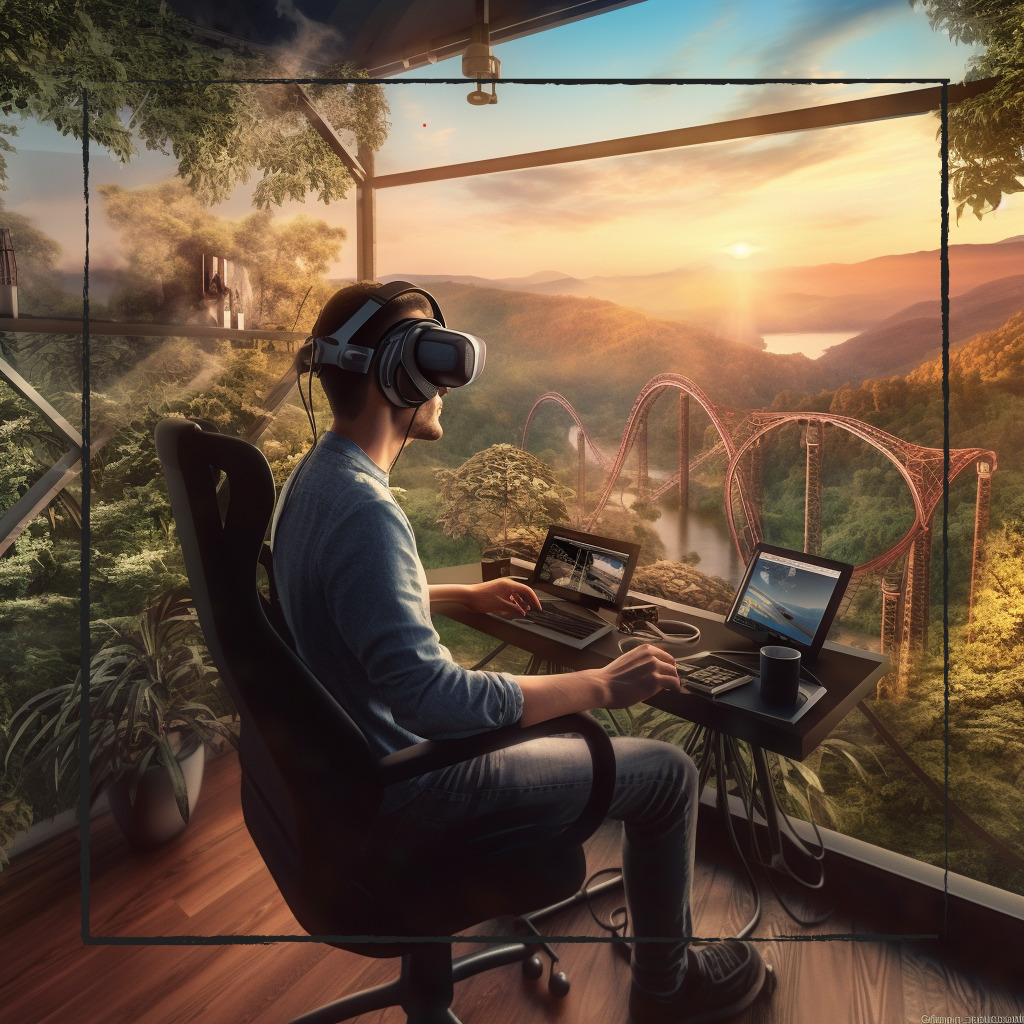
Enhanced Visualization and Understanding: A study reported by Frontiers in Education explored the use of VR in teaching three-dimensional vectors in a university physics course. It found that students using VR showed improved performance in visualization-related tasks compared to those in a control group. The study concluded that VR offers a valuable tool for enhancing learning experiences, particularly in visualizing and understanding abstract concepts.

“There is a research suggesting that 3D full immersive VR Reality Learning Environments (VRLE) will increase learner‘s interest and motivation towards learning process more compared to 2D animated environments.”

“Using VR in a formal classroom can provide foreign language learners an environment for authentic, realistic, con-textualized, real-world communication tasks and learning experiences. The authenticity of a learning experience in a VR environment is a major affordance for conversational speaking in a VR environment that cannot be easily replicated in a formal classroom context. By offering an authentic learning environment and specific contexts, VR can promote situated and contextualized experiential learning.”
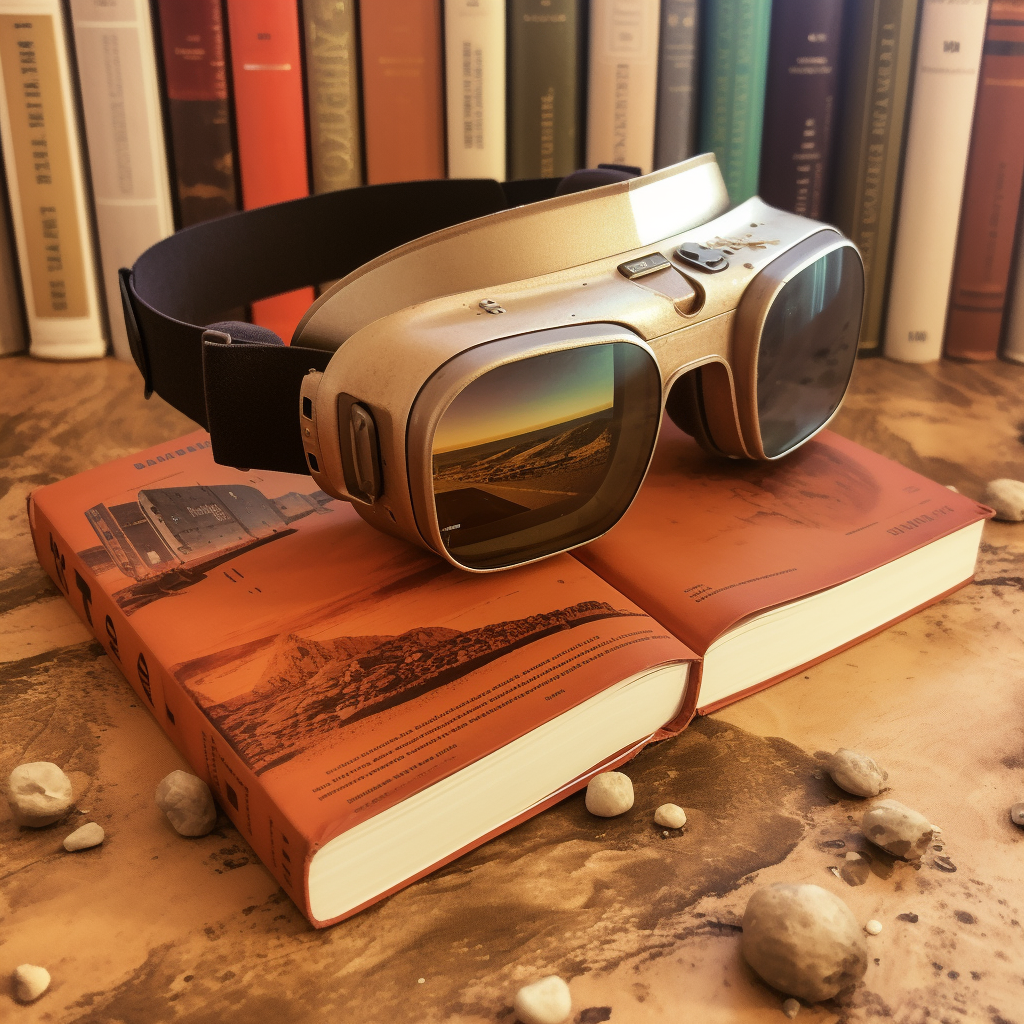
“Immersive and interactive technology facilitates learning via presence and agency.”

“Perception that students were more engaged in their learning and found the systems overall to be more usable when VR was incorporated is also significant and suggests that VR positively enhances the entire student learning experience.”

“Evidence seems to suggest that immersive technologies are particularly effective at breaking through emotional barriers and eliciting empathy where other approaches have failed.”

“MR can reduce this cognitive load by allowing learners to directly visualize, manipulate, and interact with complex structures, enabling the learner to assimilate more crucial information in a shorter period of time.”

“Evidence shows that test scores among students using immersive technologies improved by as much as 22%, with the effect maintained over a period of weeks, including increased performance on skills-based tasks and gains in knowledge, abstract reasoning, and critical thinking.”

“Students report a greater understanding and appreciation for the development of VR content after engaging in 3D animation and/or game design projects. In particular, students are able to see the connection between the engineering of a virtual world, and the virtual world’s role as an element of digital storytelling.” - Paul Turnbull President Mid-Pacific Institute

“As many as 23 million jobs set to be using AR and VR in one way or another for training, meetings, and customer service purposes by 2030 (PwC, 2019).”
10 virtual reality statistics every marketer should know in 2023

“The latest virtual reality statistics show that 70.8 million people in the US will use the technology at least once per month in 2023 (eMarketer, 2022).”

“As it stands, 14.94 million of these devices were shipped out in 2022, a 54.2 percent increase from 2021’s 9.69 million (IDC, 2021). The majority of these were VR devices, which represented 91 percent of the total number of VR and AR devices that were expected to be shipped out last year.”

“Perkins Coie and XR Association survey of over 160 professionals found that 63% of respondents strongly agreed that immersive technology will significantly advance education over the next five years.”

"A compelling seventy-seven percent of polled teachers agree that XR inspires curiosity and increases student engagement."
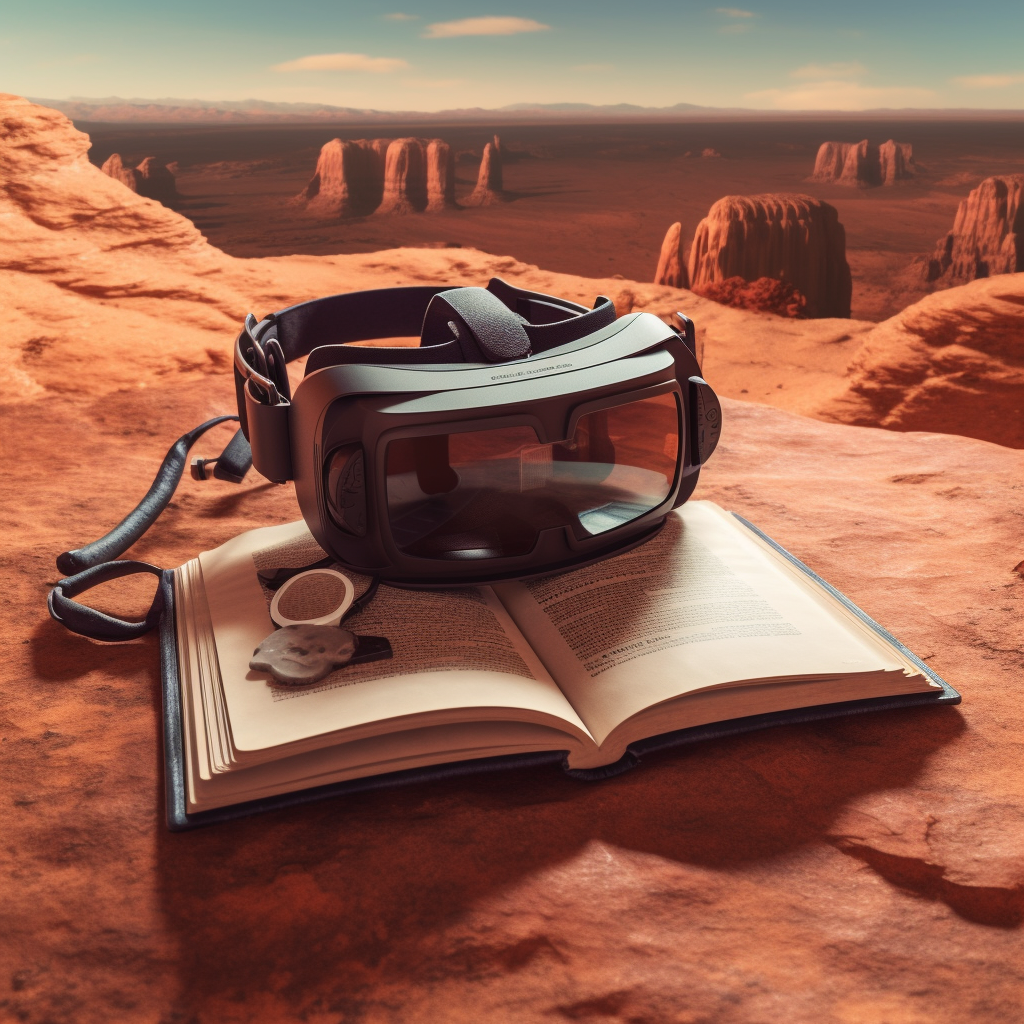
"51% of companies are either in the process of integrating VR into strategy, or have already built VR into at least one dedicated line of business. Thirty-four percent say that one of the biggest metaverse benefits they currently enjoy or foresee is “a more effective way to develop and train our people.”

“Applications of advanced technology in education and learning will hit their strides by 2025 with AR/VR and Artificial Intelligence becoming increasingly integrated into core education delivery and learning processes. While virtual and simulated training is already becoming mainstream in adult training and upskilling, we are also seeing greater usage of these technologies in formal education settings.”
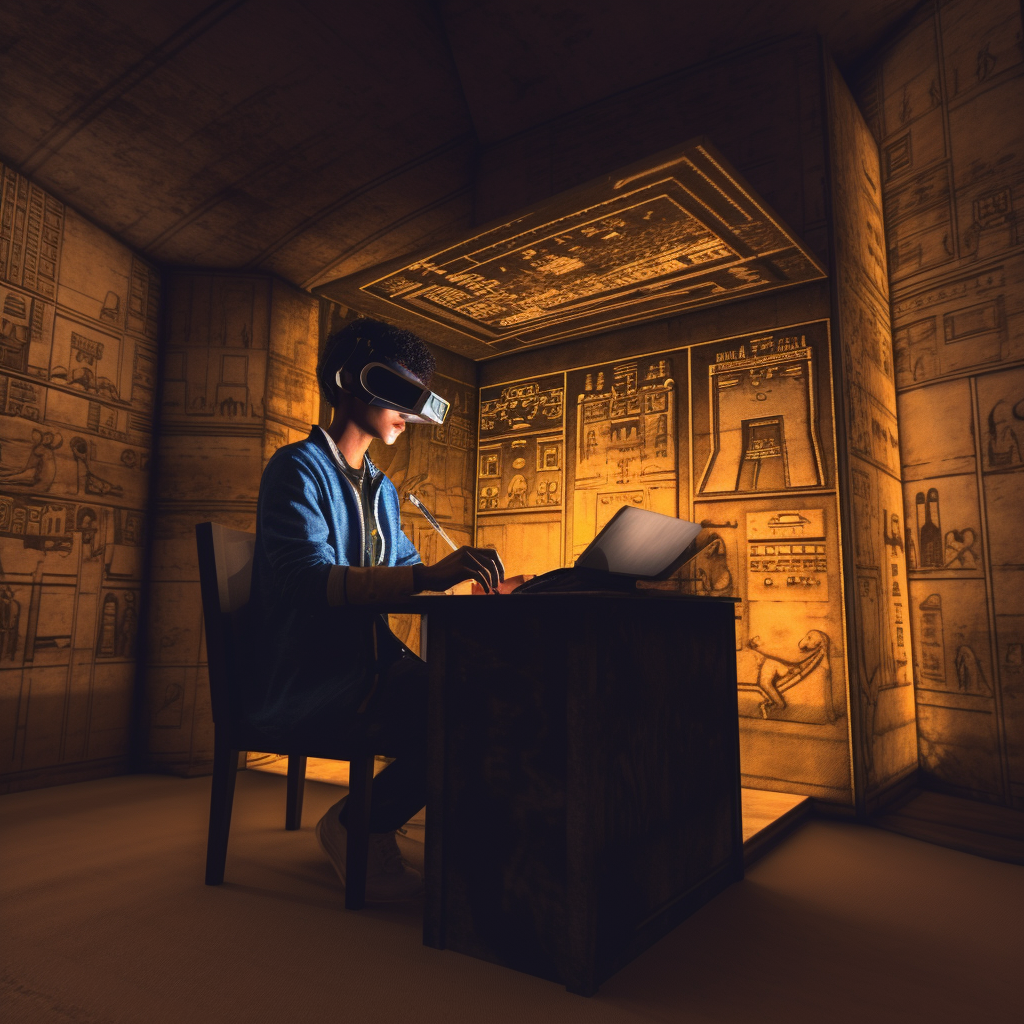
“Overall, VR displayed an improved learning experience when compared to traditional and video learning methods.”

“Most procedural tasks did show a benefit to utilising I-VR, and furthermore, there was evidence that virtual skill acquisition could be transferred successfully to real world problems and scenarios. The ability to repeatedly practice a procedure in a safe environment whilst expending little resources could be one of the most advantageous and intrinsic benefits of I-VR technology.”

"When engaged with learning in a traditional classroom environment, students’ brain activity showed a mere 3.0 increase from their resting state. However, when instead engaged with learning in an immersive VR environment, students’ brain activity increased by a remarkable 15.5 points. Researchers theorized that this significant increase in brain activity among students in virtual reality learning could be attributed to the emotional sensory connection created between students and the learning material, as well as the lack of external distractions while immersed in the virtual environment. Learning in virtual reality therefore alleviates common issues of boredom and distraction among students, allowing them to fully concentrate on their studies."

"This research has demonstrated how VR can replicate or complement traditional learning methods. It is important to consider how VR technology allows for learning beyond the classroom. The technology, though suitable for classroom use, is also particularly suitable for distance learning, self-teaching and other learning environments. This can be achieved, as the equipment can allow for rich, detailed learning environments that can be programmed to any scenario."

“A virtual field trip experienced through a HMD is superior to the same virtual field trip when presented as a 2D video on the outcomes of presence, enjoyment, interest, as well as short-term and long-term retention in the context of a middle school”
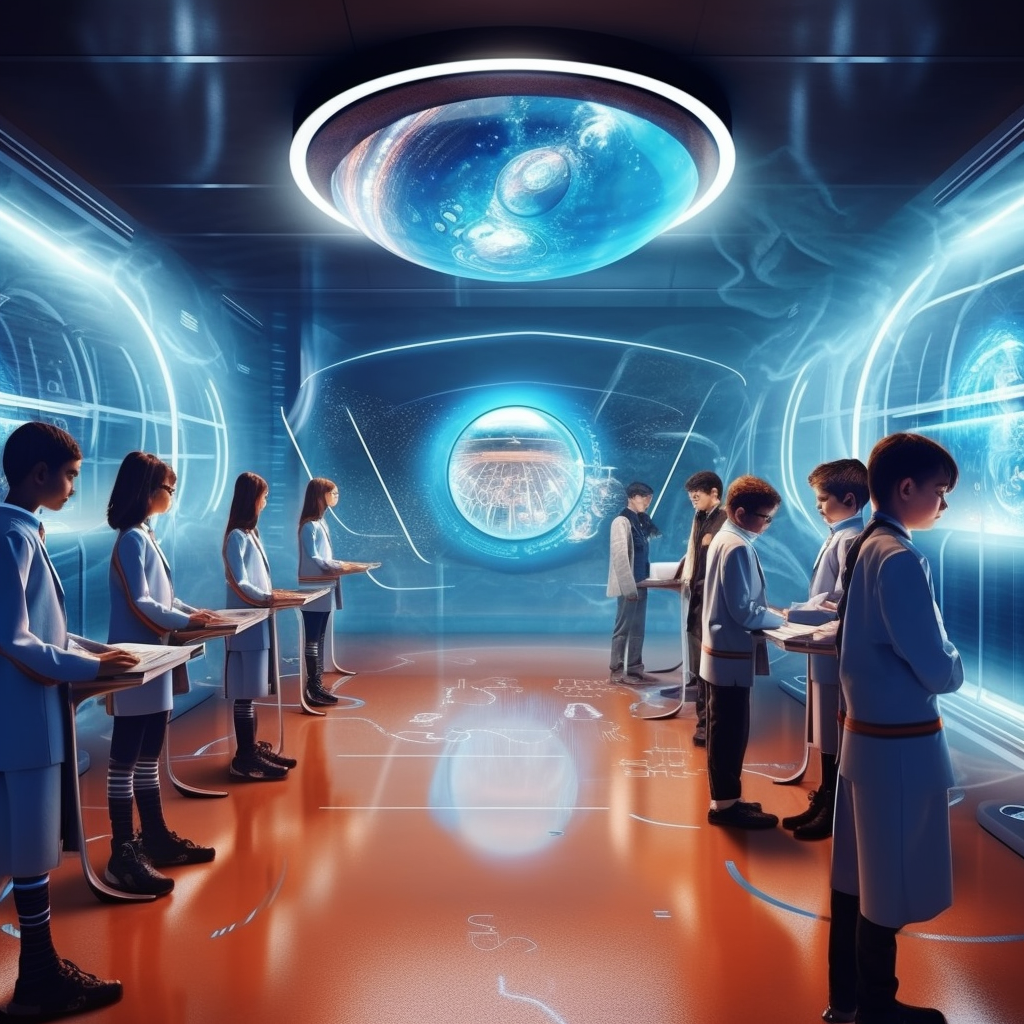
"An average person can remember only 20% of information that they hear and 30% of information if they see it. But if they get this information through personal experience, they remember up to 90% of it. VR technology creates an immersive experience that helps students learn effectively."

"Visceral reactions to what we are experiencing are fundamental to forming memories. VR in education makes it easy to engage students the whole time, making experiences memorable."
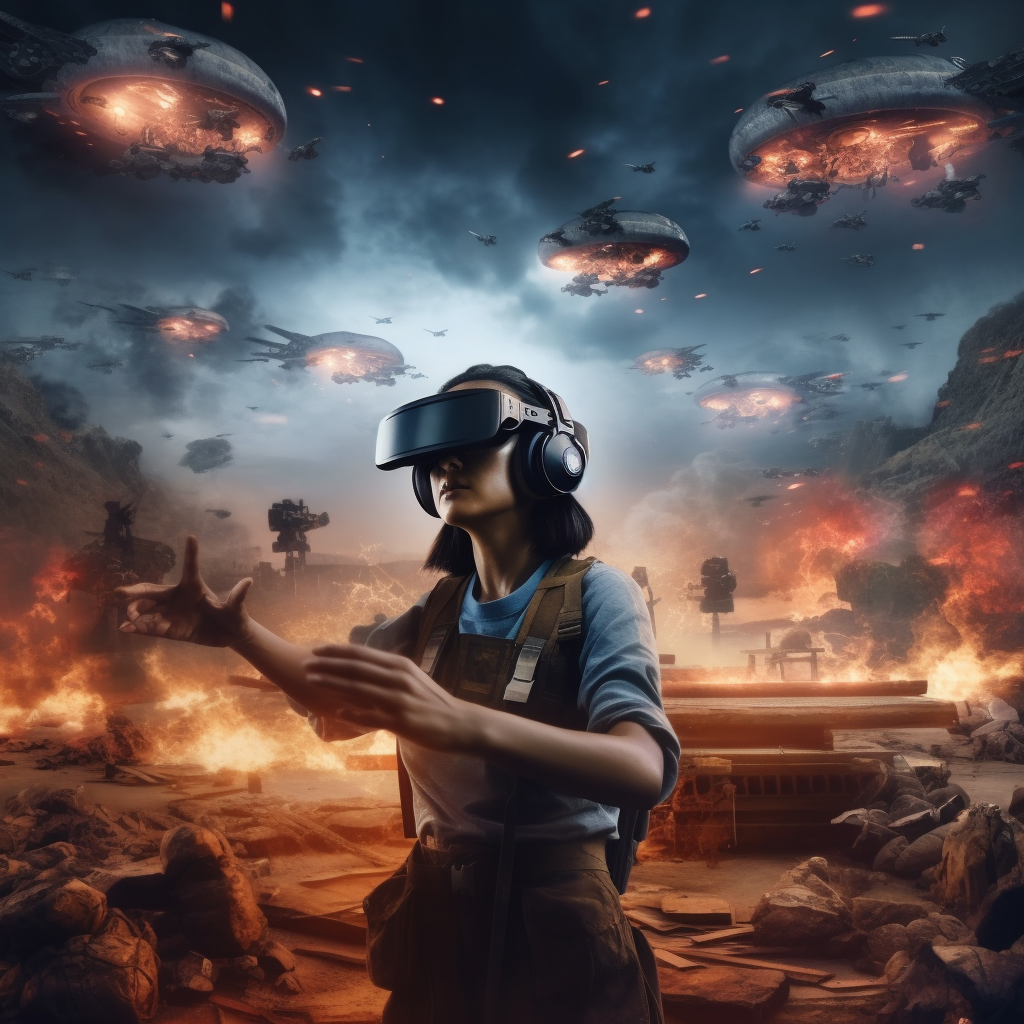
"Modern technology used in classroom increases engagement, stimulates cooperation and involvement. It is used for highly efficient blended learning, encouraging self-study and individual pursuit of knowledge."
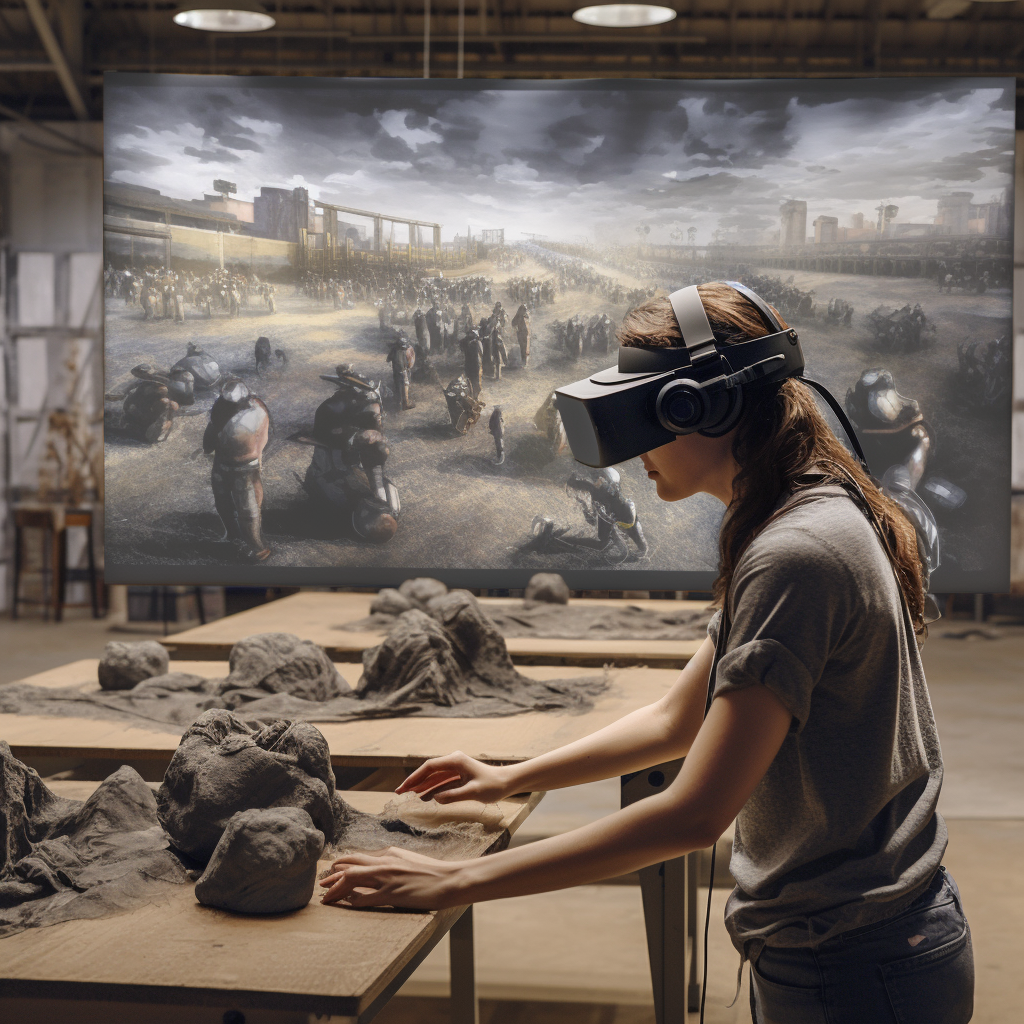
“Students perceived VR as a helpful component of the course”
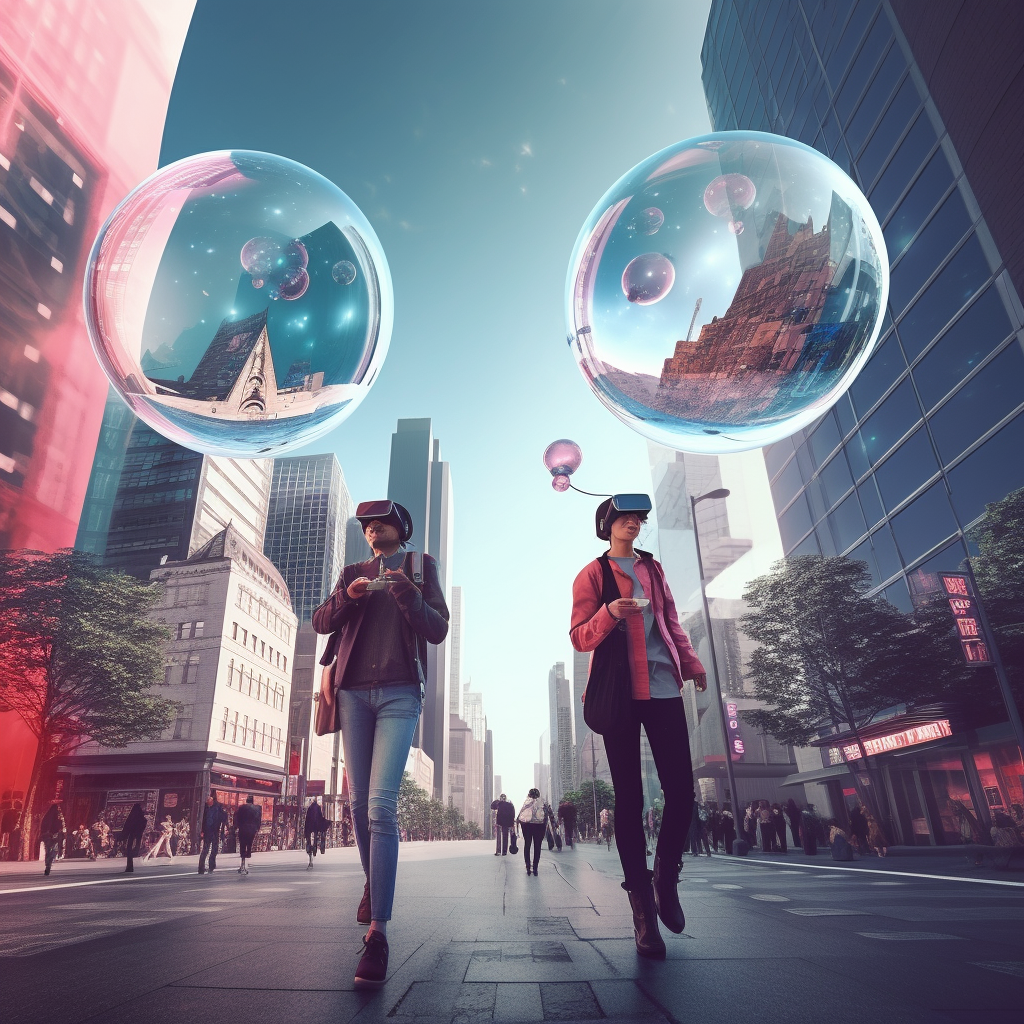
“Immersive learning shows an impressive retention rate of 75%, beating out lectures (5%), reading (10%), and audio-visual learning (20%).”
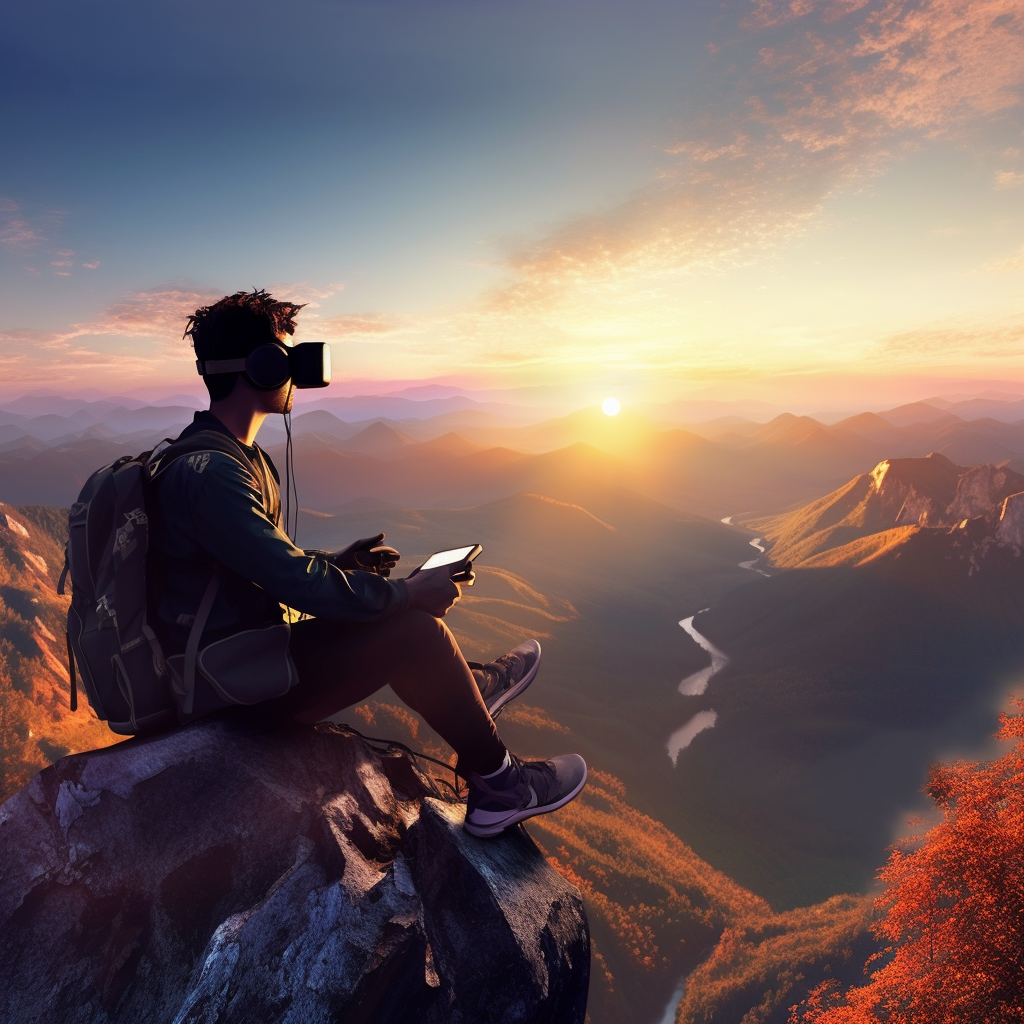
“VR training is, on average, more effective than traditional training as a mechanism to develop students’ technical, practical, and socio-economic skills.”
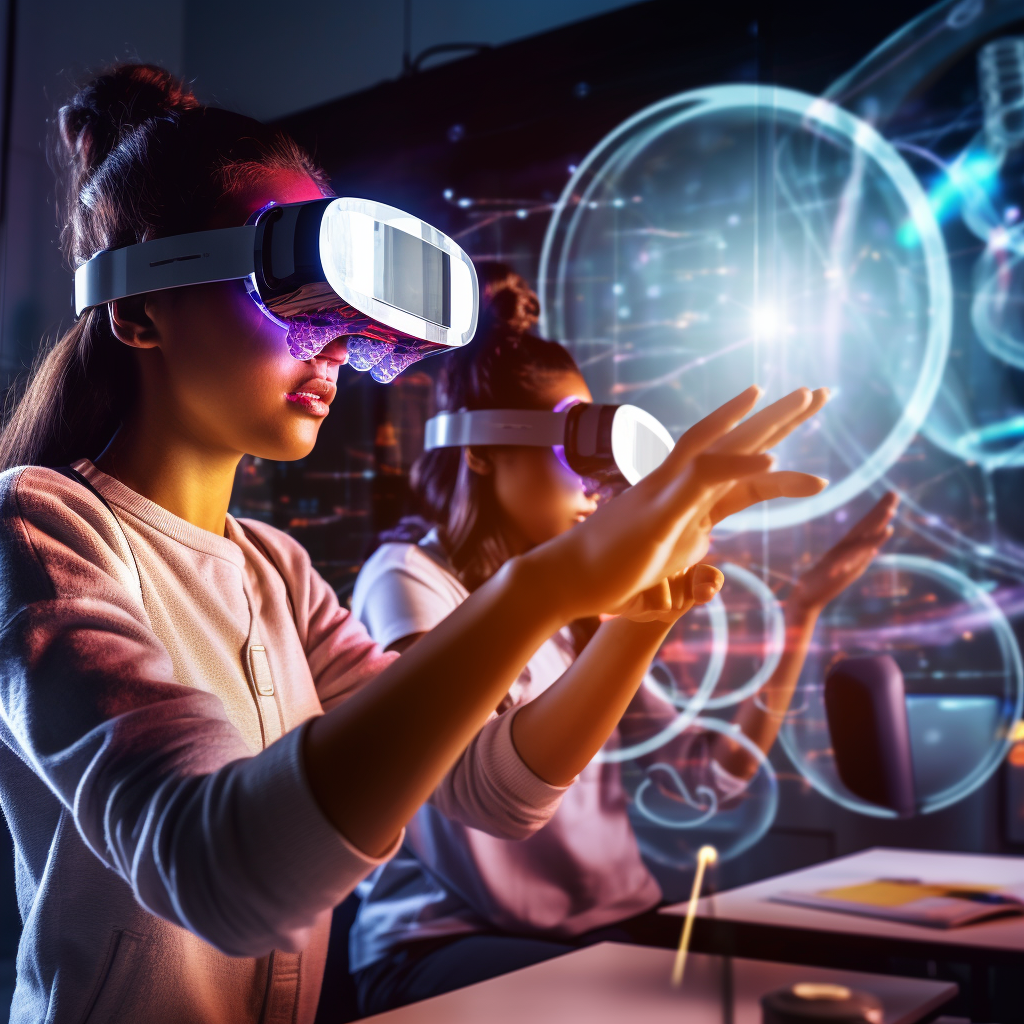
“The finding confirms that VR may act as an efficient way to improve the learners’ level of anatomy knowledge.”
“Virtual reality activates brain networks that increase your ability to identify with other people, according to new research published in eNeuro.”

“They also suggest that integration of virtual-reality into neuroanatomy training may improve knowledge retention, increase study motivation and decrease neurophobia.”
“Virtual reality activates brain networks that increase your ability to identify with other people”
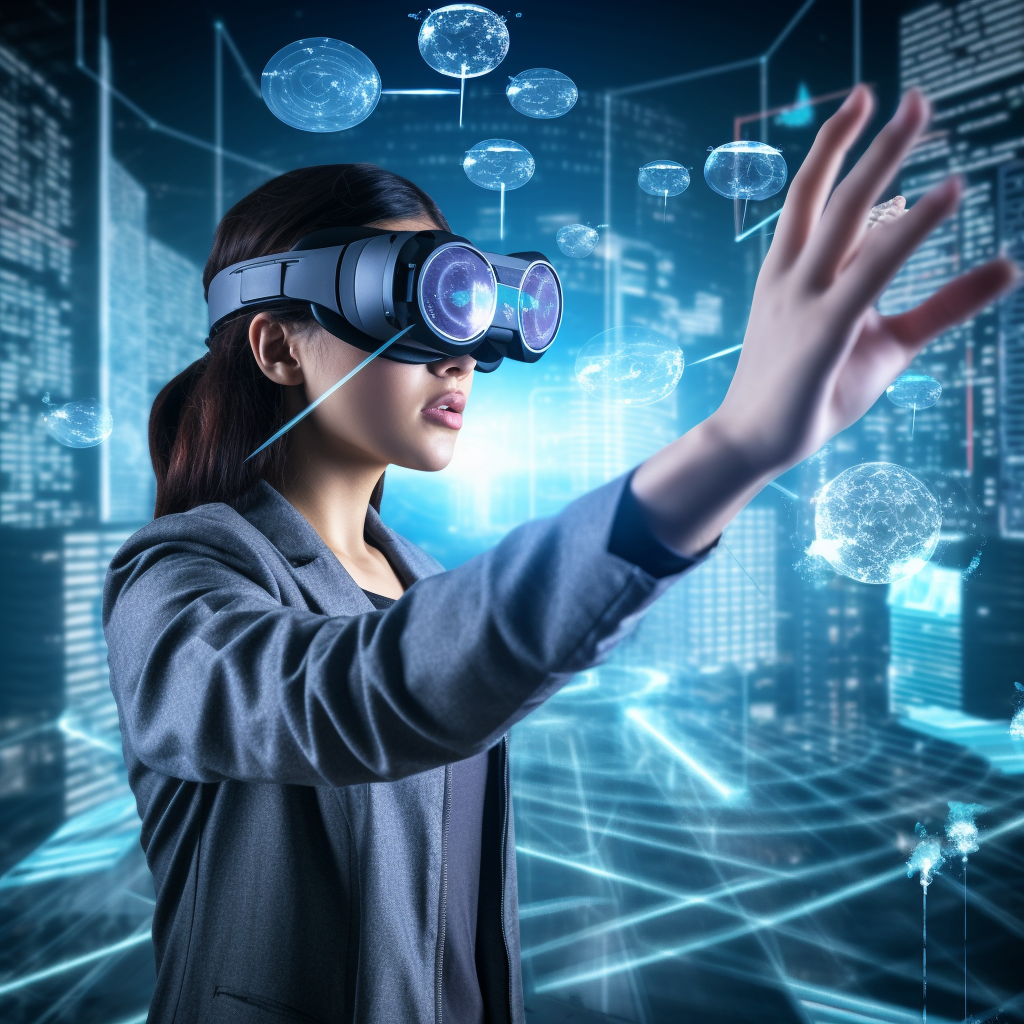
“8.8 percent improvement overall in recall accuracy using the VR headsets”
“40 percent of the participants scored at least 10 percent higher in recall ability using VR over the desktop display"
Created By Euphoria XR | Privacy Policy | Sitemap| Contact Us